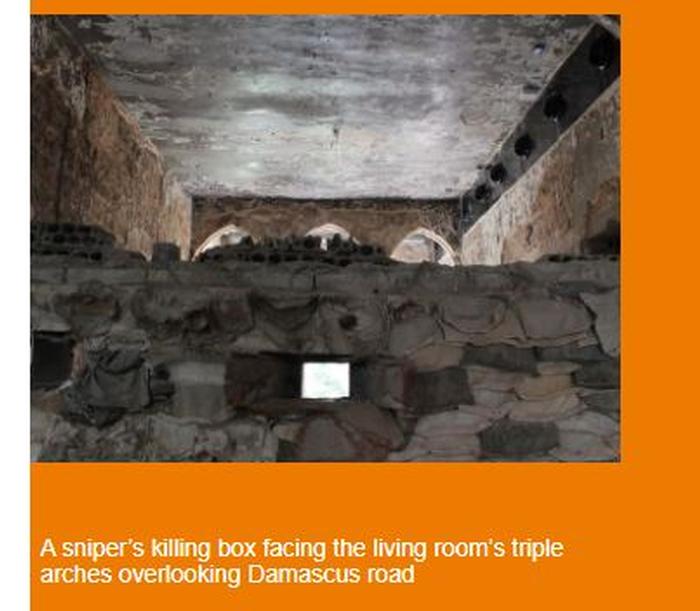Kiera Townsend - ProposalThe Urgency of Architectural LiberationThis year has been terrifying. My thoughts and the news blur together into one nightmare – sickness, death, job loss, depression, police brutality, continual state violence, the oppression of our spirit under this capitalist system that works us to death and punishes us for resisting it.
June was the most critical month. It was the height of the pandemic, the height of Black Lives Matter protests in Philadelphia. I was going through finals at school, and I was working late for my job every day to try to finish a construction document set for a new private middle school building. During the weeks following the murder of George Floyd, Philadelphia was burning with the pain of an entire people.
This past week, Walter Wallace Jr. was shot to death by police in West Philadelphia. They shot him in the street outside his mother’s house while she tried to stop them, in a local neighborhood not far from where I live, work, and attend university. This is a tragedy for the local community and yet, this incident has hardly been acknowledged in my professional and academic settings.
Architects love to talk about designing “local”, but what does that mean when most design firms are comprised of privileged individuals who disregard the “local” population of the city? My local community is not even my community. I am not from West Philadelphia. I am placed here because my university chose to destroy Black neighborhoods in order to house students. When architects focus on local design, we often mean that we are designing in the local area where we’ve decided to place ourselves, while displacing others.
Architecture is a historically white male profession that serves the wealthy landowning elite. We make gentrification possible by supporting the dreams of developers, we carry out the vision of the city’s master planning that seeks to erase the needs of Black neighborhoods. We are agents of violence and destruction, agents of the state, just as much as the Police. But most architects would bristle at hearing this, insisting that our work is not even political. And this is the problem. Architects fail to take accountability for the political role we play.
So what can we do? Why am I choosing to pursue a degree in architecture?
I believe it is time we come down from our glass towers and begin to practice architecture on the ground.
I propose for my essay to delve into community organizing strategies I have seen from Black resistance leaders over the last 6 months in the city of Philadelphia, and to begin to describe strategies for how architecture can become a tool of community-building that grows value for each local community and helps to build a fortress against forces like state violence, gentrification, etc. I want to propose methods, learning from the current Black Lives Matter resistance, for how the architect can change from being an agent of the state to being an agent of the community. Additional Help and InformationAre you in need of assistance? Please email info@berkeleyprize.org. |

